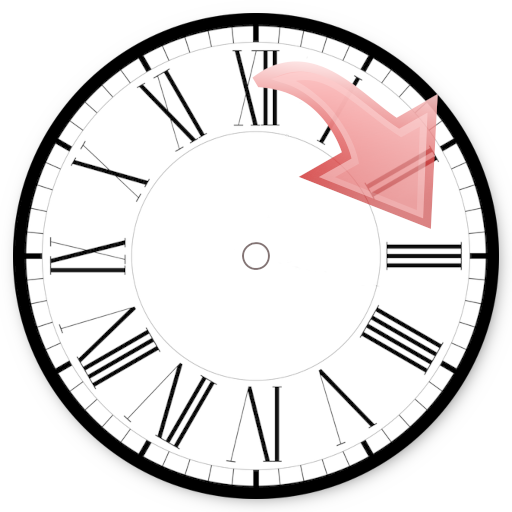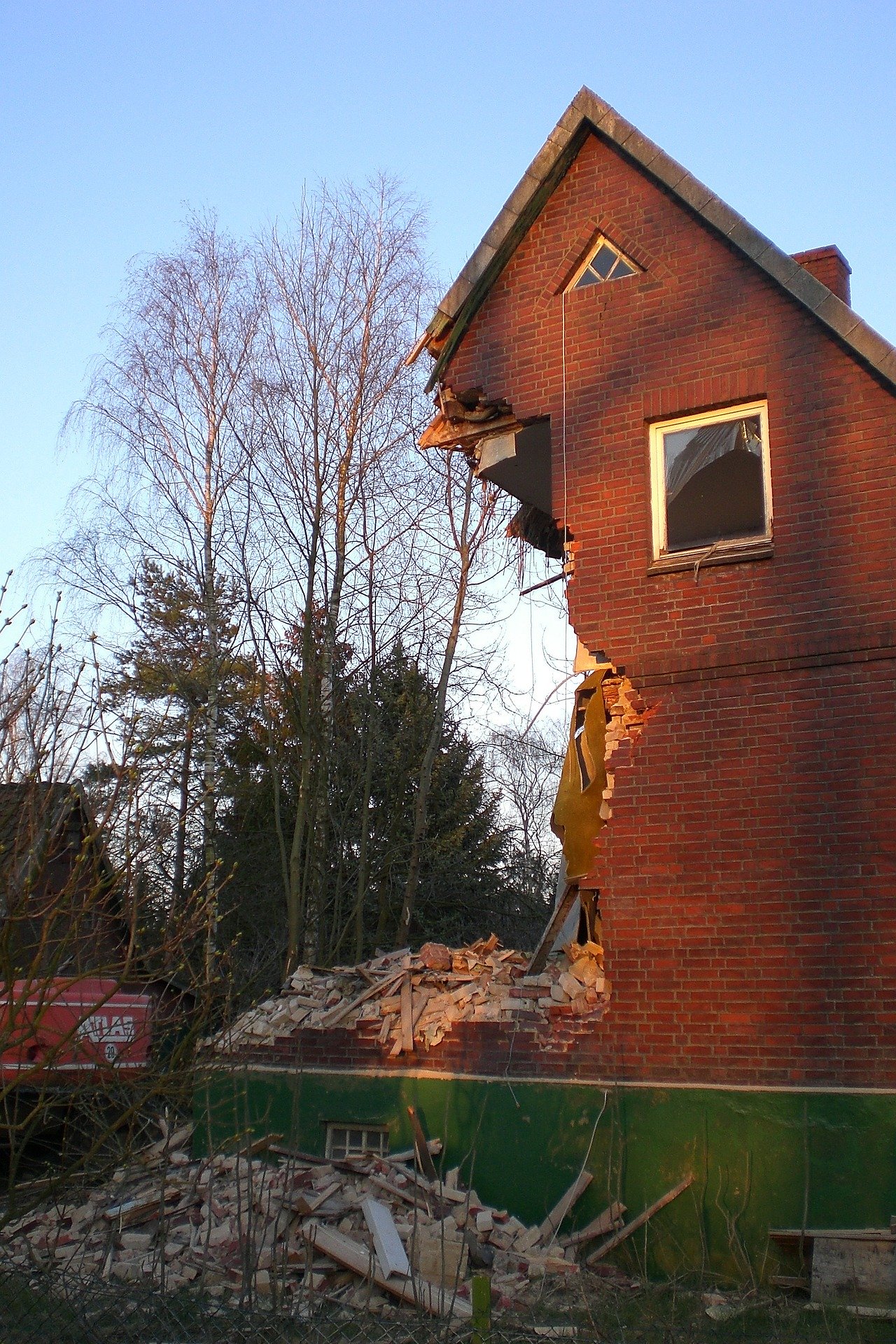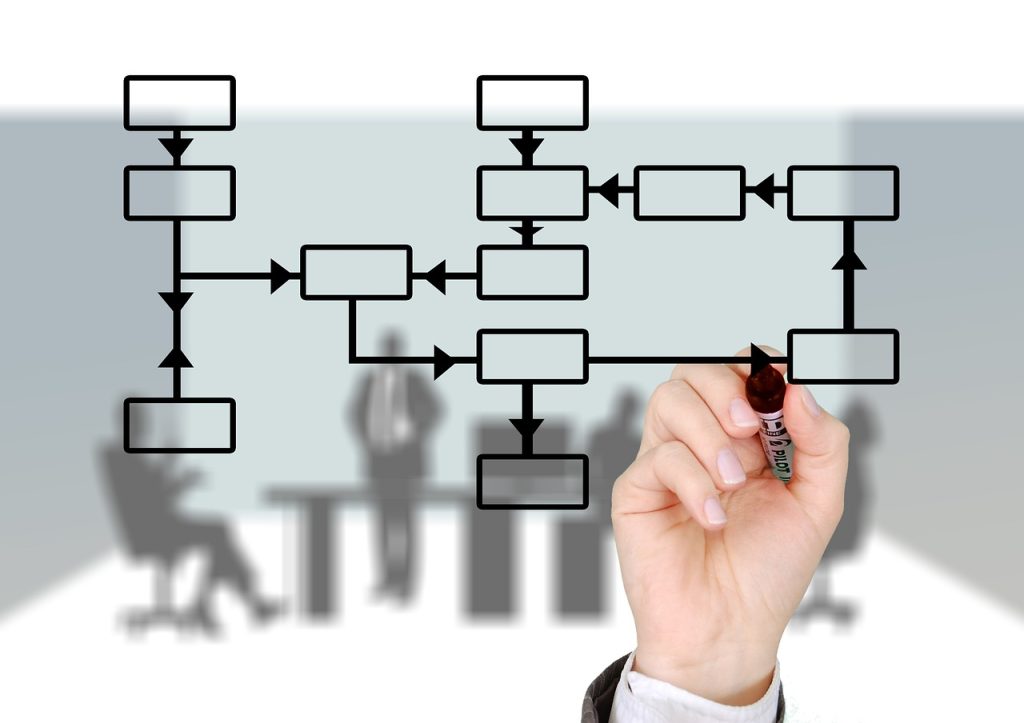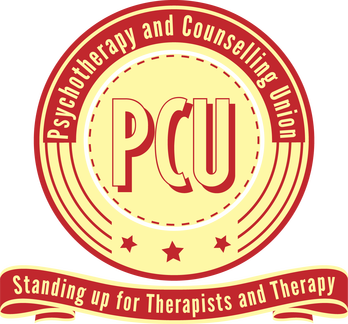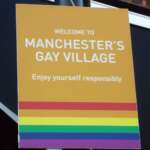
Is it too late for Relationship Counselling?
Most couples, throuples and polycules will either recognise that there's something going wrong with their relationship, and will engage with a therapist to help them work through what they cannot do alone, or will separate. But what happens when relationship partners have left things to the very brink of the end of their relationship and then go to a counsellor?Does Counselling rescue an all-but-destroyed relationship?When is it Too Late to use Counselling?
Perhaps a better question than “has it become to late for us to use relationship counselling?” would be: “can partners in an intimate relationship still make use of counselling when their relationship is on the very brink of collapse?”
Is Counselling Understood
Relationship counselling is regularly misunderstood. Partners think: “the therapist will tell us what to do” or “he will repair our relationship for us”. Bad news: that doesn’t happen. Counselling does not repair a relationship on behalf of the couple, throuple or polycule.
When a relationship is in trouble, you cannot visit a therapist and expect the therapist to fix the relationship alone.
Relationship Counselling Requires
You (aka the partners in the relationship) will have work to do in therapy. You’ll have to form a working alliance with your partner(s). That’s not impossible, and the therapist will assist, but this is not going to be easy when your relationship is all but destroyed, on the brink of ending, or you hate/distrust each other.
Is Counselling the Solution
This is an important consideration regarding whether you and your partner(s) can make use of relationship counselling: do you have the resilience, the ability for insight, and the humble strength of character to work together in making use of what counselling offers to begin to fix the relationship that you broke (together)?
Some Hopeful News
There is some hopeful news, though. Relationship counselling can be helpful even if the relationship is on the verge of collapse. Particularly systemic counselling (which forms the core of LGBT Couple Counselling‘s services) which applies neutrality and curiosity on the part of the counsellor: he’s interested in learning how the relationship has collapsed and he is making no judgements. This curiosity and neutrality can feel relieving to the couple, and can inspire them to recognise where they might begin to make reparations. A hopeful state of mind that, perhaps, the partners have not had for a long time.
An Outside Perspective
From an outside perspective (i.e. the therapist), the relationship counsellor can assist the relationship partners in recognising what needs to be addressed and what problems are to be worked through. Once recognised, the relationship can make use of the counsellor to help them determine (sometimes by trial and error, sometimes by accurate inspiration) how they can go about repairing each faulty aspect of their relationship. Or, at least, begin repairs sufficiently to leave counselling.
It’s not ‘take these tablets’
Relationship Counselling is a therapeutic process in which you will be an active participant. It is regularly successful, especially with relationships that want to work the process, but it is only effective for partners who want to repair their relationship.
As a process, counselling can do nothing to repair a relationship on behalf of the client-partners.
Taking Things One Step at a Time
An overview of how LGBT relationship counselling works, starts with encouraging curiosity…
- Curiosity (initiated through Counselling)… leading to → New Information.
- New Information… leading towards → New Options.
- New Options… leading towards → Negotiating / Making New Choices.
- New Choices… leading towards → Transforming the Relationship (through informed empowerment).
- Transformation Underway… the partners are developing affective behaviours that address relationship conflicts (and may choose to leave counselling).
Curiosity allows us to discover new knowledge. New information provides us (and our partners) with new possibilities, which leads to us making some new (or newer) relationship decisions. When new decisions are made, the behaviour of the partnership can begin to change. When the partners' relationship is much more under their own management (again), they will recognise it's time to leave counselling.
Five Signals that Counselling may be too late
While relationship counselling can be highly beneficial for many couples, throuples and polycules seeking to improve their relationship, there are situations – stages that the relationship has reached – which leave counselling ineffective.
Here are five signals that relationship counselling might not be able to help:
- Lack of Mutual Commitment: For relationship counselling to have an effect, all partners need to be committed to the process and willing to make the necessary changes. If one or more partners are not fully invested in the counselling process or are unwilling to put in the effort required to address the faults at the core of the relationship, the counselling will fail to yield positive results.
- Unresolved Deep-seated Issues: Some relationships break down due to unresolved, deeply ingrained issues such as infidelity, abuse, or long-standing patterns of neglect or manipulation. Such issues can create a significant lack of trust that may be difficult to overcome through counselling alone. Additional specialised help might be considered, such as individual therapy to address underlying trauma and distrust.
- One-sided Effort: Successful relationship counselling requires all partners to actively engage in the process and be open to self-reflection and change. That’s not to say everyone has to engage 100% of the time – it’s a dynamic process. But if one partner is identified as being solely responsible for the relationship issues or is not willing to take any responsibility for their part in the relationship problems, the counselling process will be ineffective.
- Irreconcilable Differences: In some cases, couples might have fundamental differences in values, goals, or life paths that cannot be bridged through counselling. For example, if one partner wants a child and the other does not, or if there are strong religious or cultural beliefs that cause constant conflict between partners, these are fundamental differences that may persist even after counselling.
- Continued Destructive Patterns: If the partnership continues to engage in harmful behaviours or negative patterns of interaction during and after counselling, the therapeutic process will likely not have very much success. For example, if communication remains hostile, if behaviour (such as manipulation, emotional abuse, or substance abuse) persists, or if one partner has a hidden agenda that the others do not know about (e.g. one is preparing to engage a solicitor, or is having a secret affair, but does not share this information with the other(s)) then counselling’s benefits will be short-lived.
Important Note
While relationship counselling has been successful in facilitating partners in rescuing many a broken relationship, its success depends on various factors, including the skill of the therapist, the willingness of all partners to actively participate, and the nature of the underlying issues.
In cases where counselling is not effective, individuals may need to consider other options such as separation, individual therapy, Family Mediation, or legal proceedings.
Might you be seeking Family Mediation? ⚠️
Counsellors and mediators have quasi-comparable skills (skills that appear to be the same), which can leave you struggling to decide which professional service might benefit your relationship the most.
Counsellors are not mediators, and mediators are not counsellors. In summary:
- Counsellors are trained/qualified to support parties who wish to reconcile (and may wish to investigate separation), and who need to explore historical problems and more deep-rooted historical issues in their relationship, etc.
- Mediators are trained/qualified to support parties wishing to separate amicably, maintain boundaries in keeping discussions targeted towards the future, mitigate "blaming-behaviour", etc.
About Dean Richardson MNCPS (Accred/Reg)
You could choose any couple / group counsellor…
Given that this will be the most intimate and vulnerable you could feel alongside your partner(s), you would want a skilled professional whose experience and specialism you could trust; whose focus would be upon your distinct relationship. Your couple, throuple or group relationship will be in good hands with Dean. He works from Great Britain, is Independent of "box 'em/shift 'em" therapy services, and identifies as a gay couple counsellor. He's also easily payable in pounds sterling! Dean already had an impressive 18 years actual video "webcam" experience - way before the first British emergency began (when suddenly many counsellors added a Video option to their portfolio, having not practised so previously! 🤔).
What makes Dean Distinct
- Dean is sensitive and effective to your sexuality / gender-identity and intimate ways of relating to each other. You'll discover quickly that Dean is an informed member of your own community.
- Dean demonstrates adept skills with lesbian, gay, bisexual, asexual, fluid, mixed sexuality and same-or-mixed gender relationships having over 26 years' experience as a counsellor.
- Dean avoids taking a the role of "all-knowing expert" (whether requested or projected onto him by the clients). "Experts" tell you what to do, do not learn very well from others, and struggle to adapt to new situations. A couple counsellor must be curious, adaptive, and ask questions from a "not knowing" position so that the relationship in counselling benefits from re-examination.
- Dean speaks plain English (and can swear like a virtuoso if you like, or not at all if you prefer). He works cooperatively with your relationship (no unnecessary silence, or just "hmms...").
- Dean was originally accredited by his first professional body 17 years ago; he is now an accredited registrant with The National Counselling and Psychotherapy Society. Accreditation is a valued recognition of a counsellor's substantial experience. Dean is also a member of the Psychotherapy and Counselling Union of Great Britain.
- Dean is a British Counsellor working from the South of England. Unlike other counselling services operating from abroad Dean is registered, accredited, insured & supervised from within England (not from abroad).
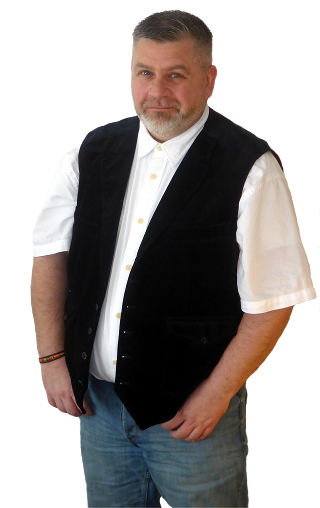
If any of this resonates with you and your partner(s), you should probably meet with the Gay Relationship Counsellor: Dean Richardson MNCPS (Accred/Reg) via Zoom, Teams, Whatsapp and other secure, reliable video conferencing media.
Dean focuses on LGBT/QIA+ relationships as a specialty in therapy. He works with individuals, couples and small groups. Plus, he's qualified to a postgraduate level (Chichester PG Diploma in Psychodynamic / Systemic Couple Counselling, IGA National Foundation in Group Counselling), and works as a private practice counsellor employing 26+ years experience*.
(*Very Important: not all counsellors have such specific skills for working with couples nor groups. Those who are initially trained to use common "Individual" Counselling skills have no experience in working therapeutically with relationships. Such counsellors may try, perhaps out of misplaced goodwill, to employ "individual" techniques (multiplied by 2) but the couple or group will find that the approach is ineffective. Simply put: it's the wrong approach; your relationship is not part of the counsellor's primary theoretical framework. Remember always to ask your potential counsellor: "what qualifies you to work with our relationship?" and trust your instincts based on what you hear.

